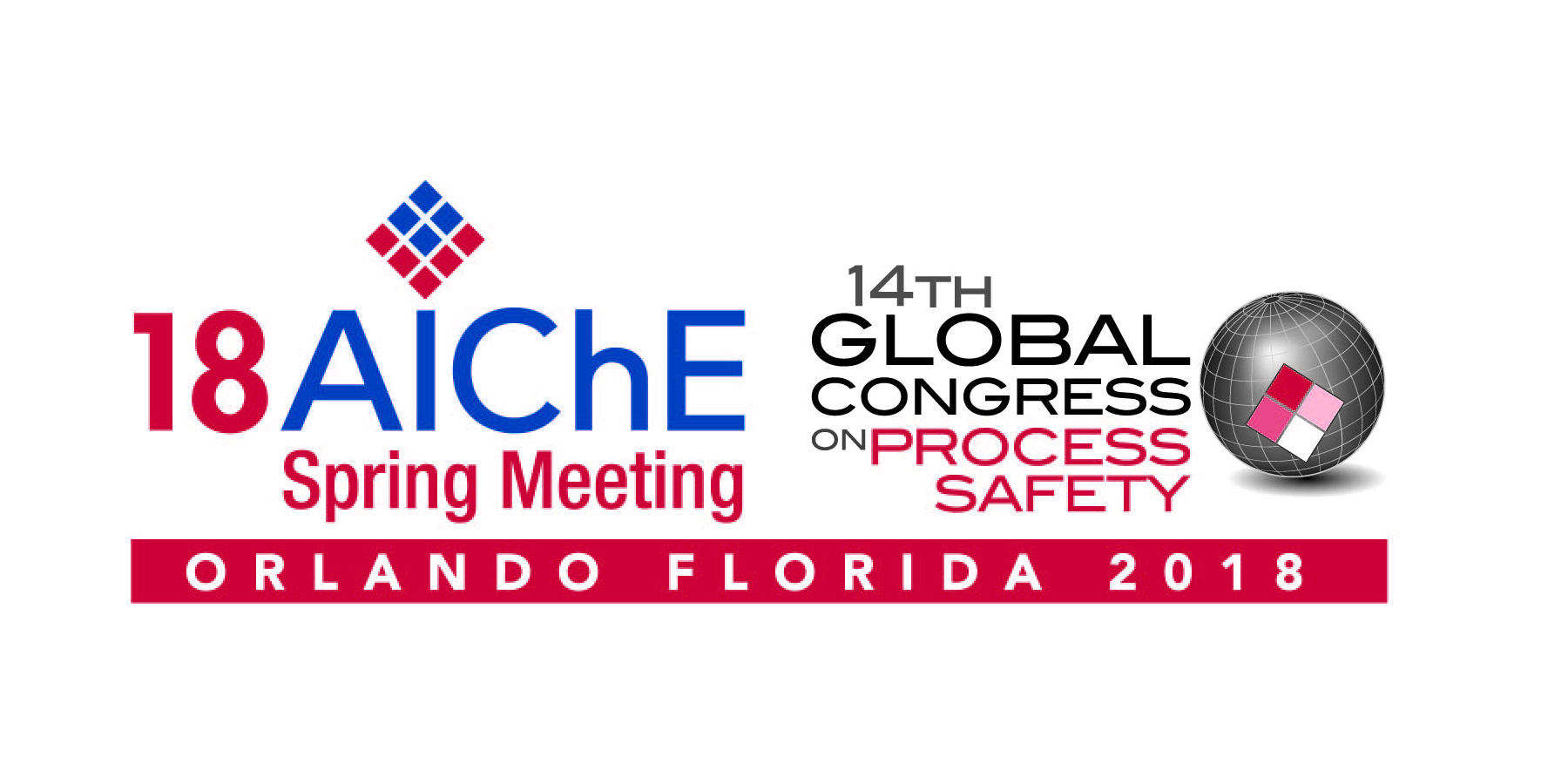

One could argue that Midstream facilities do not alter the chemical composition of the chemicals and therefore are not processing; however, the PSM definition of process is not simply concerned with manufacturing:
Process is defined as any activity involving a hazardous chemical including any use, storage, manufacturing, handling, or the on-site movement of such chemicals, or combination of these activities.
One could argue that the chemicals in a Midstream facility are no longer in transportation since they are being stored; however, the DOT definition of process extends beyond transmission:
Transportation means the gathering, transmission, or distribution of [a hazardous chemical] by pipeline or the storage of [a hazardous chemical], in or affecting interstate or foreign commerce.
This paper will discuss the gray area between PSM and DOT jurisdiction, including coverage of Terminal operations (e.g. drying), break-out tanks, railcars/trucks, and cavern applicability. The nuances of PSM applicability, including interconnectivity and colocation, hydrocarbon used as a fuel, atmospheric tanks, and safety systems will be presented. Furthermore, this paper will provide a history of jurisdictional boundary and PSM applicability cases/interpretations and will present examples of determining PSM jurisdiction and applicability.
Presenter(s)
Language
Pricing
Individuals
| AIChE Member Credits | 0.5 |
| AIChE Pro Members | $19.00 |
| Employees of CCPS Member Companies | Free |
| AIChE Graduate Student Members | Free |
| AIChE Undergraduate Student Members | Free |
| AIChE Explorer Members | $29.00 |
| Non-Members | $29.00 |
